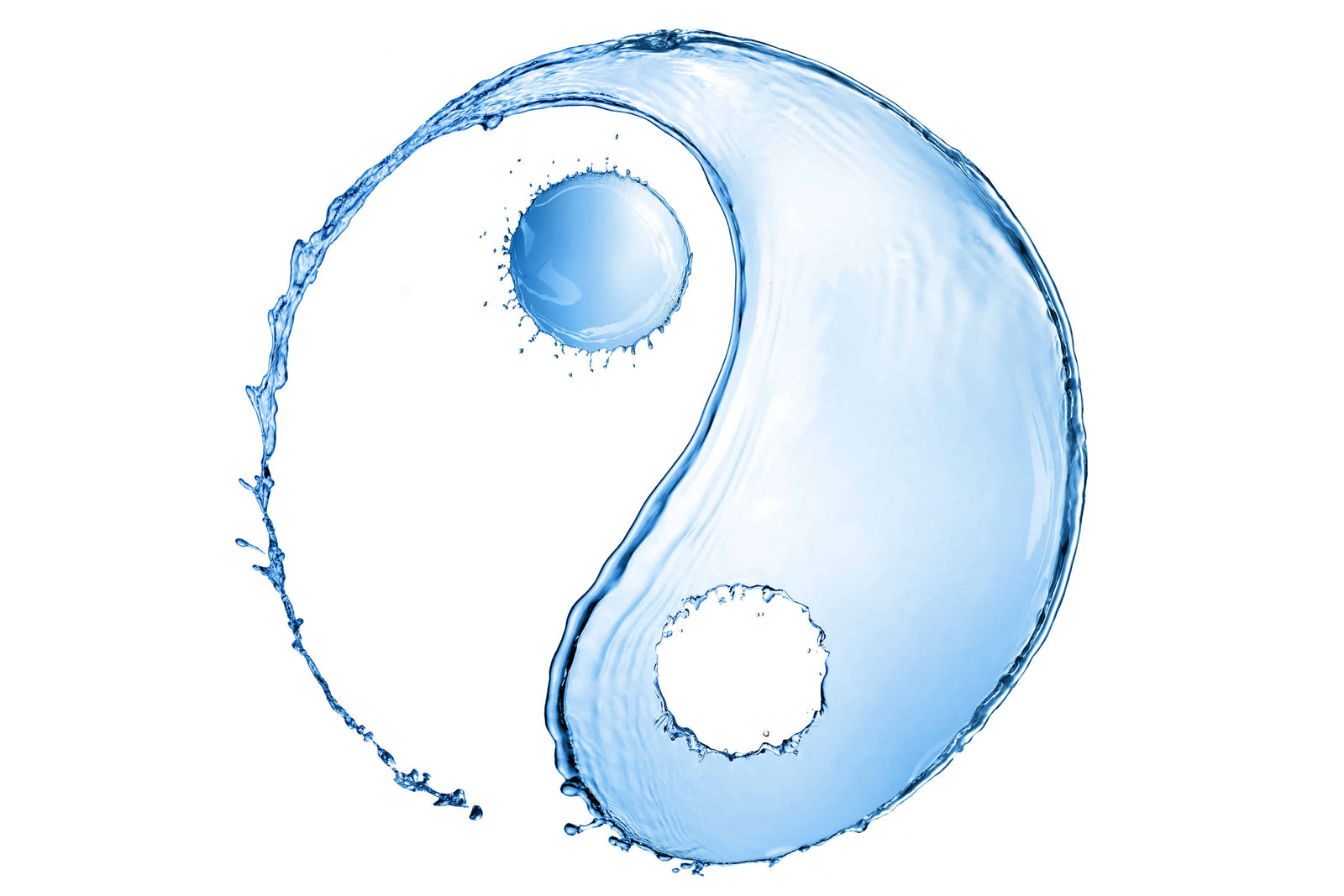
January 12, 2018 3 min read
Mutually Interdependent Opposites
Night and day; sleep and wakefulness; sunshine and shade; stillness and activity: Our lives unfold within cycles of change structured by apparent “opposites” that actually are mutually supportive – each depending upon the other. And so it is, also, within our human bodies: Our heart, for instance, beats in cycles of contraction and relaxation. And the body's biochemistry hinges upon two seemingly opposing processes – oxidation (a loss of electrons) and reduction (a gain of electrons) – which are equally important. Like the Yin and Yang of Chinese Taoist philosophy, oxidation and reduction are mutually arising and interdependent: both vital to our body's healthy functioning.
Antioxidants & Free Radicals
There’s a lot of hype these days about antioxidants – substances that relieve oxidative stress by neutralizing free radicals. We're left with the impression that free radicals (whatever they are) are indisputably the bad guys, and that antioxidants (whatever they are) are indisputably the good guys. But is the situation really this black-and-white?
When we delve beneath the surface of advertising sound-bytes and look more closely, what we discover is a situation that's quite a bit more nuanced and complex – and deeply resonant with the Yin-Yang relationship between oxidation and reduction. As it turns out, what a healthy human body requires is an appropriate balance between free radicals and antioxidants. Not only antioxidants -- but also free radicals – have an important role to play in the harmonious functioning of our human body. For instance:
“The body's ability to turn air and food into chemical energy depends on a chain reaction of free radicals. Free radicals are also a crucial part of the immune system, floating through the veins and attacking foreign invaders.”
In addition, certain free radicals act as physiological redox signaling molecules – known formally as Reactive Oxygen Species (ROS) -- within the mitochondria of the cells. “Redox” here is shorthand for reduction and oxidation: the biochemical processes mentioned above. The ROS molecules, acting within the mitochondria of the cell, include both reductants that cause reduction reactions and oxidants that create oxidation reactions. It’s this redox signaling process that regulates cell function by monitoring and responding to the need to replace, recycle or repair the cell. It's a vitally important function, which depends upon the activity of free radicals.
The take-home point is that oxidants and free radicals are not necessarily bad. Optimal health requires oxidation as well as reduction; free radicals as well as antioxidants. It's only an excess build-up of oxidants – known as “oxidative stress” or as a “redox imbalance” – that's a problem. And this brings us to the genius of molecular hydrogen in its function as a selective antioxidant.
Hydrogen As A Selective Antioxidant
What exactly makes molecular hydrogen so uniquely special and powerful as an antioxidant?
All of this translates into great and proven potential for the use of molecular hydrogen in the prevention and cure of a wide variety of diseases; improved athletic performance; and enhanced overall health and wellness. So whether we inhale the hydrogen as a gas; or drink hydrogen-infused water; or bathe in hydrogen-infused water -- it's very likely to have beneficial, and perhaps even profoundly beneficial, effects.
To your health & happiness!
Sign up to get the latest on sales, new releases and more …